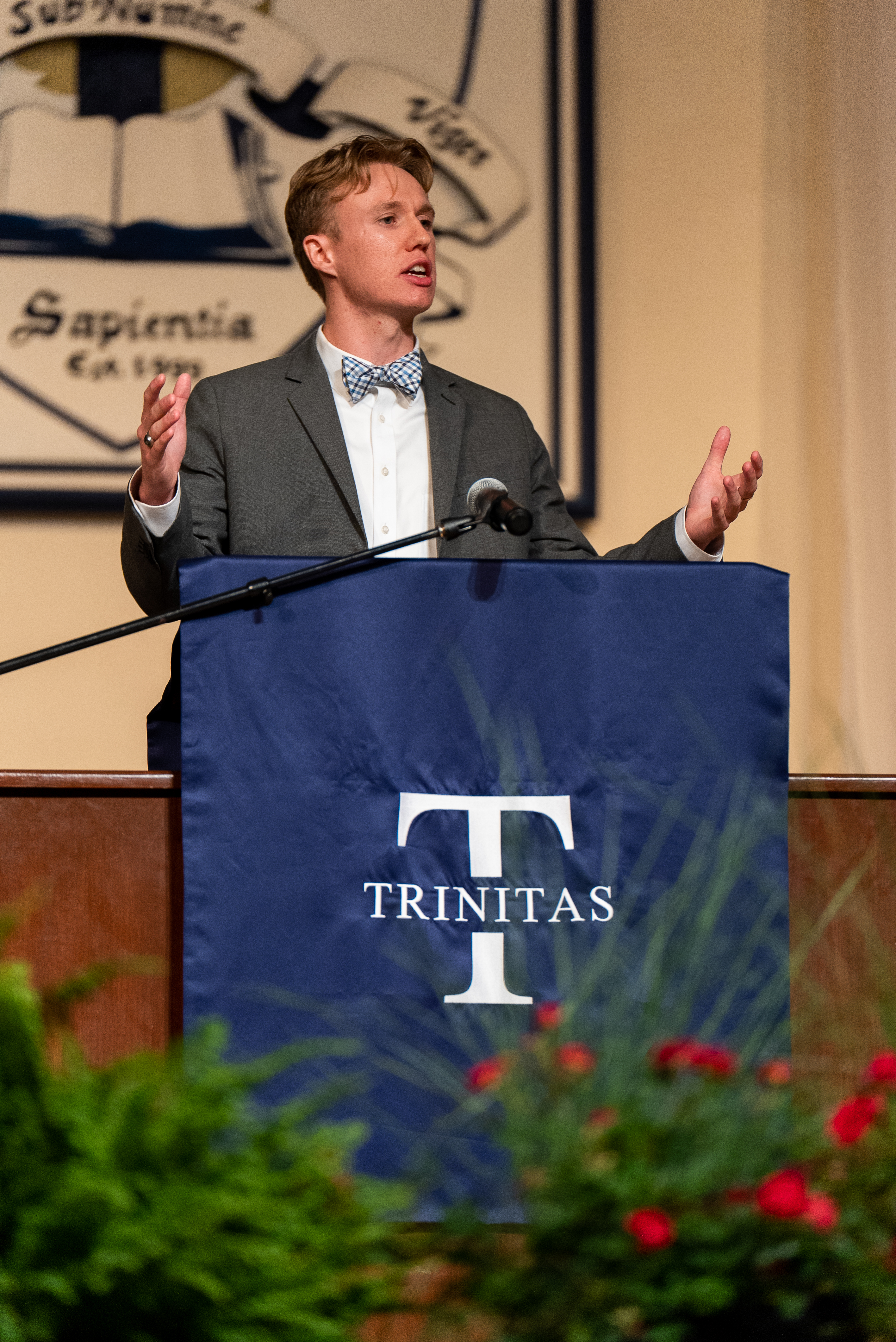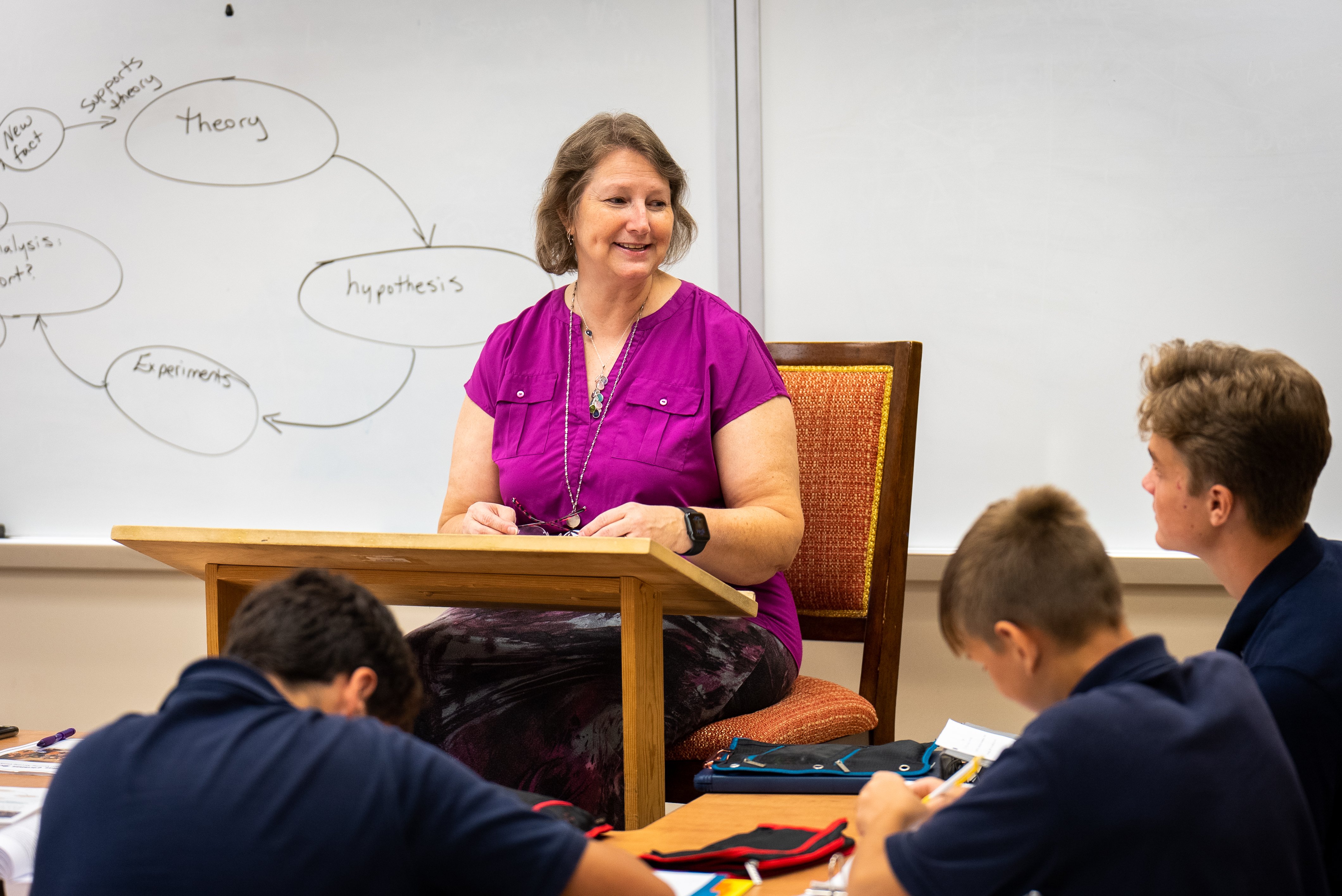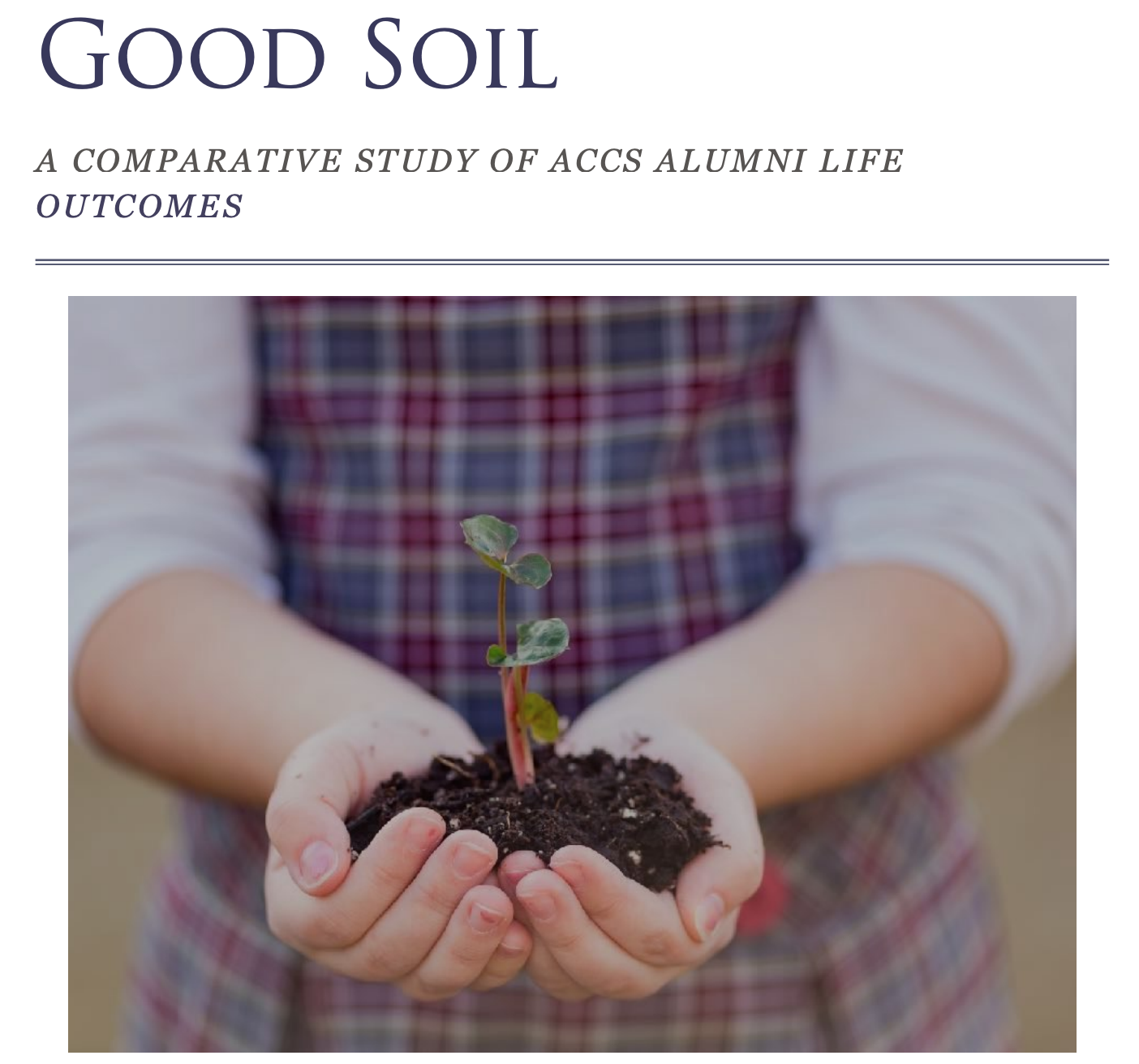
Thank you so much for that kind introduction. Before we begin, I would like to express my sincerest thanks to the administration and to all the senior class parents for providing me the opportunity to speak to these graduating seniors before you all tonight. And I would be terribly amiss if I did not congratulate you, seniors, on the many accomplishments that have brought you to this very place on this momentous evening. My purpose this evening is two-fold and somewhat paradoxical in nature. On the one hand, my job is to remind you that all of this evening is about you. On the other hand, my job is to remind you that none of this is about you, at all. Like I said, somewhat paradoxical. But there is a method to this madness, and I hope to demonstrate as much over the course of the next few minutes. There are many things I could say to you this evening; in truth, there are many things that ought to be said to you this evening, but that’s what all these good people are for. Lord knows I’ll need the backup. Yes, there are many paths we could tread, but I thought it best to stick to one rather familiar to you, and to me as well. Our progression this evening will follow a sort of timeline: First, we’ll revisit the past, taking great pains to put a very fine point on just what it is that you have been doing here at Trinitas for the past 6, 8, 10—and for some of you—13 years of your life; next, we’ll pause and ponder the precise precipice upon which you are perched, at present; and finally, we’ll look to the future, daring, even, to prescribe what must be next. So, let’s roll back the clock.


-2.png)






